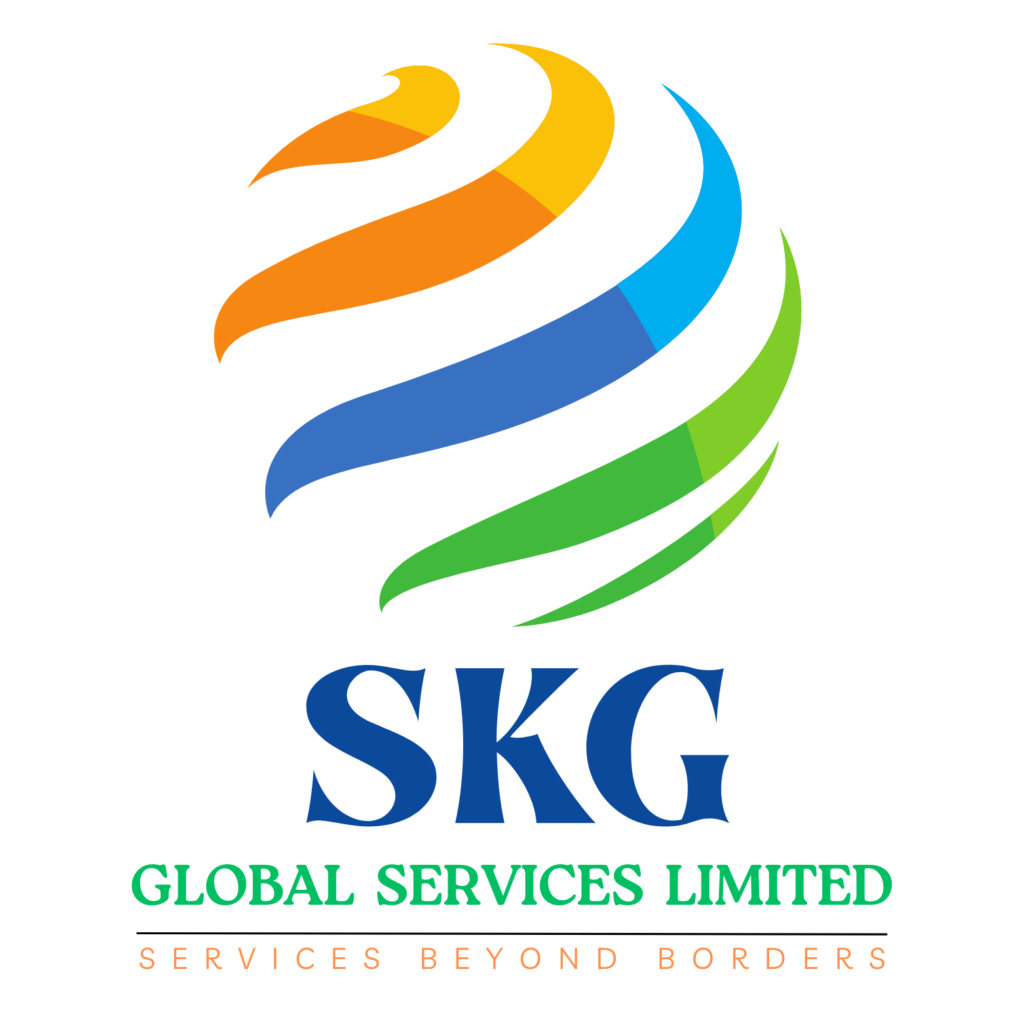A work permit visa, often referred to as a work visa, is a type of visa that allows a foreign national to take up employment in a host country. The specifics of work permit visas vary significantly from country to country, but here’s a general overview:
* Key Features of a Work Permit Visa
1. *Purpose*:
– To enable foreign nationals to legally work in the host country.
– Can be specific to an employer, industry, or type of work.
2. *Types of Work Permits*:
– *Temporary Work Permits*: For short-term employment, often tied to a specific employer.
– *Permanent Work Permits*: Allow longer or indefinite periods of employment.
– *Intra-Company Transfers*: For employees transferred within the same company to a different country.
– *Seasonal Work Permits*: For seasonal jobs, often in agriculture or tourism.
– *Sector-Specific Permits*: For industries with labor shortages, like technology or healthcare.
3. *Application Process*:
– *Employer Sponsorship*: Most work visas require an employer to sponsor the applicant.
– *Documentation*: Common documents include:
– Job offer or contract from an employer in the host country.
– Completed visa application form.
– Valid passport.
– Proof of qualifications and work experience.
– Medical examination and health insurance (varies by country).
– Background checks and police clearance certificate.
– *Labor Market Test*: Some countries require proof that no local worker is available for the job.
– *Fee*: Application fees vary by country and visa type.
– *Interview*: Some countries may require an interview at the consulate or embassy.
4. *Processing Time*:
– Varies widely from a few weeks to several months depending on the country and visa type.
5. *Duration and Validity*:
– The validity of a work permit visa can range from a few months to several years.
– Some visas can be renewed or lead to permanent residency.
6. *Rights and Restrictions*:
– *Work Conditions*: Must work for the sponsoring employer unless the visa type allows job changes.
– *Dependents*: Some work visas allow dependents (spouse and children) to accompany the worker and may permit them to work or study.
– *Travel*: May allow multiple entries or restrict re-entry.
* Specific Examples
1. *United States (H-1B Visa)*:
– For specialized workers in fields requiring technical or professional expertise.
– Requires a job offer from a U.S. employer and approval of a Labor Condition Application (LCA).
– Initially valid for three years, extendable up to six years.
2. *United Kingdom (Tier 2 General Visa)*:
– For skilled workers with a job offer from a UK employer holding a valid Tier 2 sponsorship license.
– Requires a Certificate of Sponsorship (CoS) and passing a points-based assessment.
– Initially valid for up to five years, extendable.
3. *Canada (Temporary Foreign Worker Program)*:
– For temporary employment when qualified Canadians are not available.
– Requires a positive Labour Market Impact Assessment (LMIA) from the employer.
– Duration depends on the job offer and LMIA.
4. *Australia (Temporary Skill Shortage Visa – Subclass 482)*:
– For skilled workers to fill positions where employers cannot find an Australian.
– Requires sponsorship by an approved business and nomination for a skilled position.
– Valid for up to four years, with pathways to permanent residency.
5. *Germany (EU Blue Card)*:
– For highly skilled non-EU citizens.
– Requires a job offer with a salary threshold and relevant qualifications.
– Valid for up to four years, with pathways to permanent residency.
* Tips for Applicants
– *Research Requirements*: Understand specific visa requirements for your target country.
– *Prepare Documentation*: Ensure all documents are accurate and complete.
– *Seek Employer Support*: Obtain sponsorship and assistance from your prospective employer.
– *Follow Legal Advice*: Consider consulting immigration lawyers or experts for complex applications.
– *Plan Ahead*: Start the process well in advance of your intended start date to account for processing times.
Work permit visas are essential for legally working in a foreign country and often serve as a pathway to long-term residency and career development. Always refer to official immigration resources or consult with experts for the most current and detailed information.

Address
JS Tower, 215/2 (Level-5), Pragati Sharani, Merul Badda, Dhaka-1212, Bangladesh



